I tried to be a good woman – tried in the way you try to hold water in your hands, cupping it so gently, watching it slip through your fingers, and wondering, for a moment, if you could somehow change the physics of the world with just your intention. If I could only be more of what they wanted, they’d see me, they’d understand me—but how can you fit your whole self into a frame carved out by someone else’s hands?
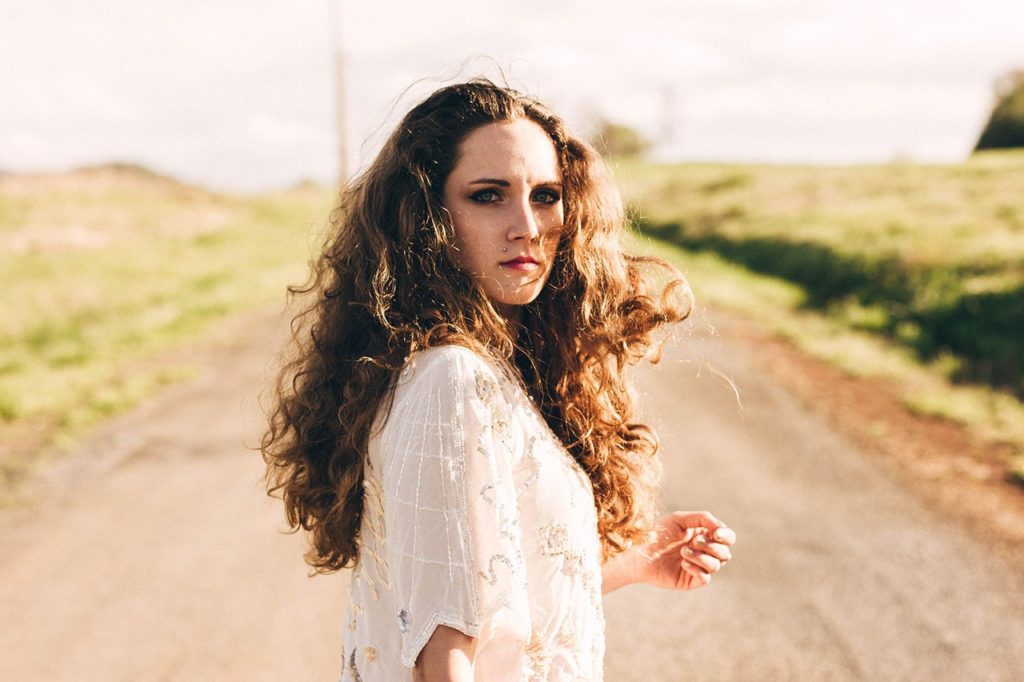
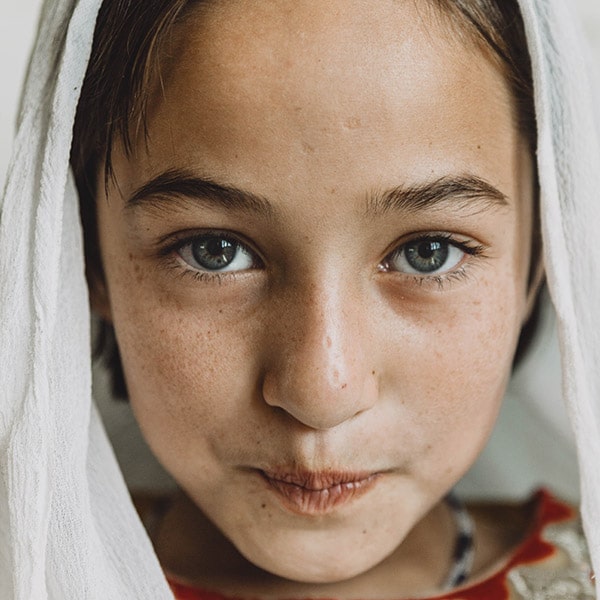
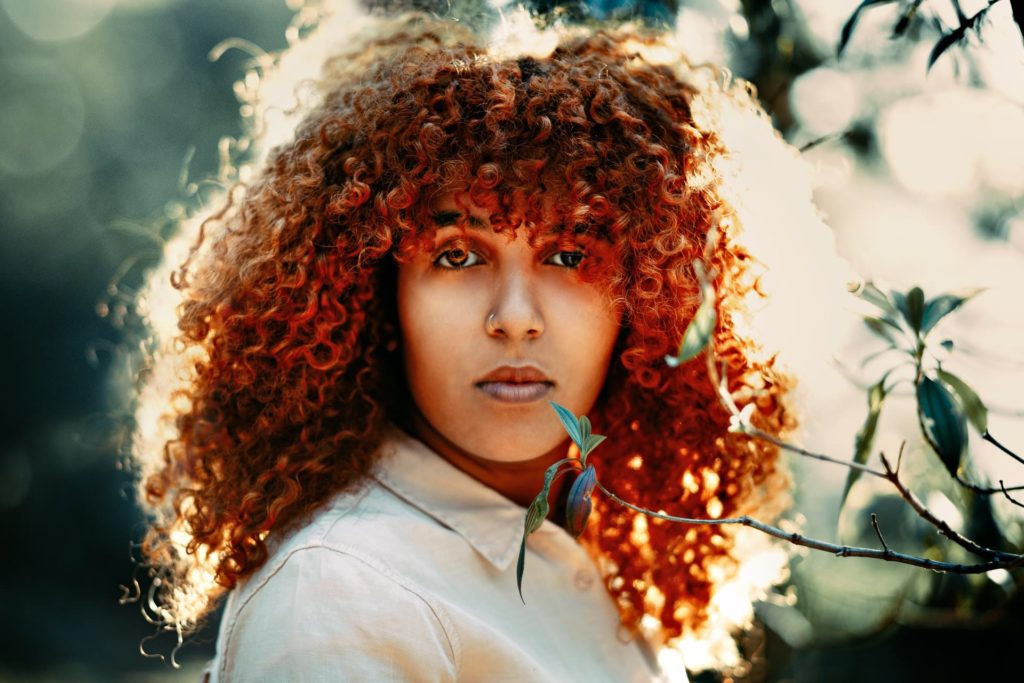
In the beginning, there was this deep safety—this sense that everything in me fit together perfectly. My inner voice was a quiet but steady hum, calm but clear, a loving attitude I never questioned. I made decisions with trust, never doubting that the world and I were in sync. I was balanced, a little kid who could run wild and fast with the wind at my back, but just as easily sit for hours with the same toy, content, introverted, wrapped in my own world. My midwife once told me, “People are how they arrive.” And I carried that with me, feeling satisfied with my human set-up, comfortable with the conditions given to my personality. I had a good sense of where I ended, and others began—clear, natural boundaries. What I liked, what I did, was always for me, never against others. I was whole, and my conviction of who I was was the foundation I stood on.
I carried that clarity with me to the field. No one cared if I ran harder, hit faster, or had the strongest mindset. It didn’t matter whether my heart raced for the thrill of the game or something more—out there, I was just me. But I remember the moment that clarity began to blur. It was at the team’s Christmas party. “Pick your gift first,” they said. I wasn’t MVP, so I knew there was another gift coming. But then the coach said, almost casually, “Next season, we’ll have to separate boys from girls. We’re getting older now.”
I wasn’t part of the team anymore. But what would I be part of?
The words felt like a thin crack forming in the smooth surface of my world. I wasn’t angry—I didn’t even know what I felt, only that something had shifted. Off the field, the world was full of expectations—expectations that felt less like suggestions and more like instructions. The narrative was always already written, where she wasn’t the hero, wasn’t the adventurer, wasn’t anything more than a quiet shape that fit neatly into a but. For the first time, I felt reduced, though I didn’t know to what.
And then came the pressure of decision-making, of planning ahead, of choosing systematically—like bricks slowly building a wall between me and that once-clear voice. Planning that considered me relative to a boy or boys in general.
As I know now, this was only the beginning:
The gap between who I was and who I was supposed to be was an expanse so wide it swallowed me whole some days. I felt it in the pauses between conversations, in the silences that followed when I spoke too openly, too passionately, too directly as if my words were a kind of storm people wanted shelter from. As if my existence, raw and jagged and full of need, was too much for their delicate sense of order. I felt it most in the way they told me to hold back more, be softer, less…sharp. I felt it, when the loving eyes of my grandfather told me to take good care of my education as I need to be able to work as a woman when times get rough. I felt it when my mom told me that I was not bringing the best out of my looks. I felt it when my teacher made me stand back “Your mind is too fast for others”. I needed to turn digestible!
“You can be all you want” turned into “You can be all you want, but…”.
They told me to fit into my role, as if life was some stage and I had a part, a script—lines to read, a costume to wear, a place to stand, rewarded with a relationship, with a guy on my side, with the purpose to serve. But I wasn’t made for roles. I wasn’t made for lines or limits. I was made for that taste I craved, for the feeling I urged, and the playfulness I needed. For the possibility of all I could be, step by step, and not in some abstract, self-help-book way, but in the visceral, aching sense that to contain myself was to deny myself.
I just wasn’t in the business of denial.
What started as a gap between being me and being “woman” dynamically grew into gaps: One between me and my inner voice, one between my voice and womanhood, and one between autonomy and connection. My sight blurred and narrowed. I could either turn to my voice or the outside expectations – I ended up mixing all of them, leaving me confused with concepts, ideas, and emotions. It seemed unsolvable. I was stuck in a monthly cycle, hearing the clock tick, checking the days so I would be acceptable in social circles. “Oh, I’m sorry I’ m emotional today, I have my period”, silencing the voice that presented my needs.
I could find all the problems of my world in being a woman where all the solutions are funneled in holding myself back.
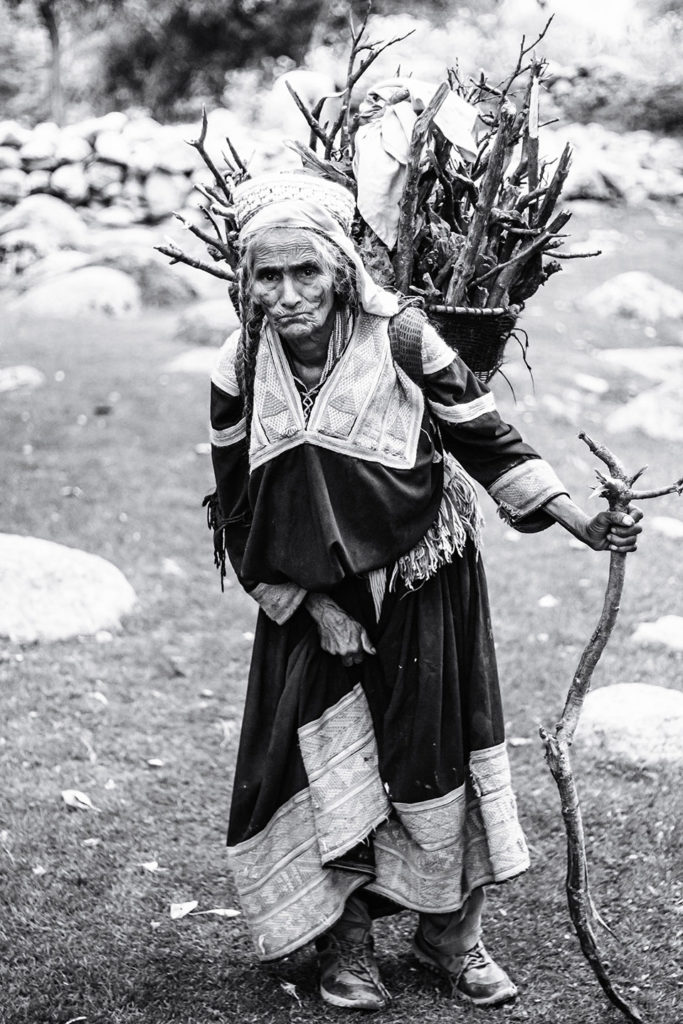
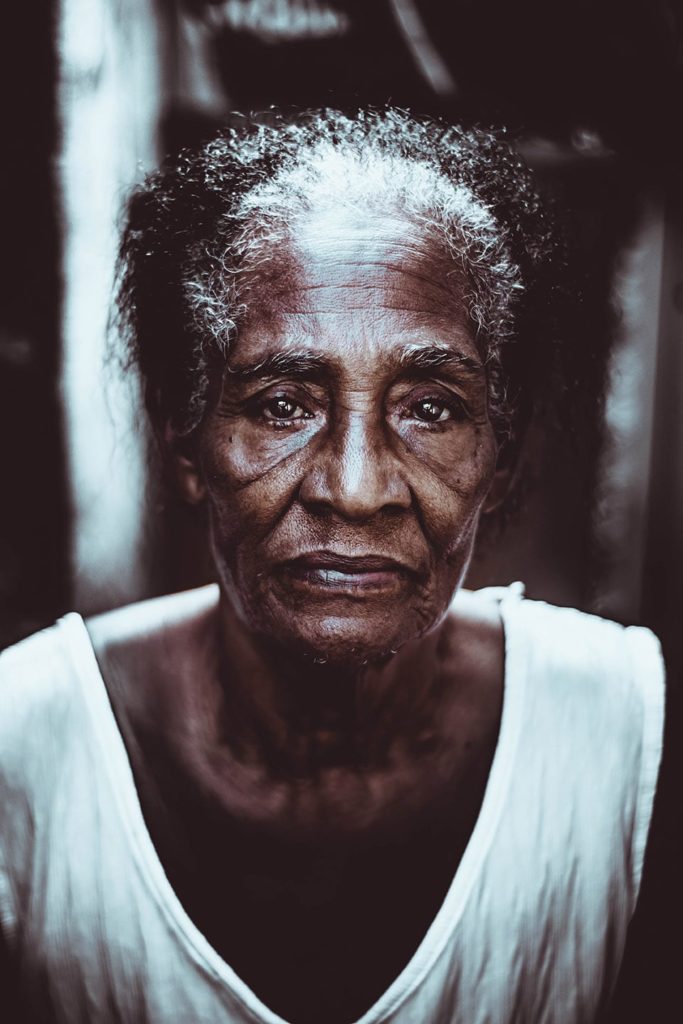
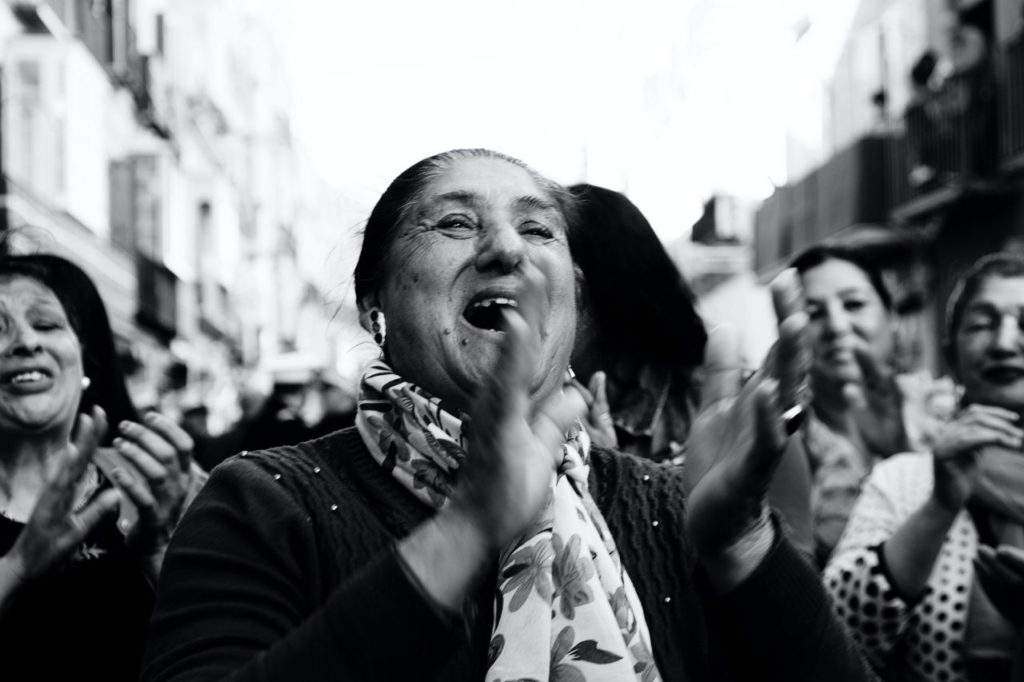
The most painful symptom was the constant lack. The call of nature to bond, to be part of a meaningful connection. And – Oh, the loneliness. It was a tightness in my chest that sat like a stone, small and heavy, filling me up with the weight of being misunderstood. I wasn’t lonely for lack of people, no— there were always people. People who smiled, people who laughed, people who said my name as if they knew me. But they didn’t, not really. Not in the way that mattered. Not in the way that would allow me to let them in, to see me not as a woman, but as something more—something that defied the neat, gendered lines they drew around me.
I wasn’t angry about it. It was something subtler, something slower, like the wear of water against rock—something that eroded me, piece by piece, in the quiet hours of the night when I lay awake, wondering what it would feel like to cave in. To just…stop. To stop pushing, stop fighting, stop being so much myself all the time. To let myself melt into the mold they had ready for me, to pour myself into it and let it harden around me, trapping me in a form that was easier to digest.
But when I thought of it, truly considered it, the idea made me feel sick. Because to give in—to take that path—meant severing myself from something alive inside me. It meant cutting off the part of me that lived for the rawness of experience, for the drive that made me throw myself fully into whatever called to my heart. To deny that would be to deny life itself. And wasn’t that what they were really asking me to do? To deny life? To put on a smile, to lower my eyes, to soften my edges, to fit into the blank space they had left for me and pretend it didn’t burn me up inside. I was fighting – but what for?
I wondered if they could feel it—this fire I carried with me, this burning need to be more than what they offered me, more than a reduced aspect. It wasn’t a raging flame, no, but a steady, quiet burn. It didn’t destroy me, but it didn’t let me rest either.
I wondered, too, what my ancestors would think of this. The women before me fought for things that were sharp and defined—voting, working, existing in a world that didn’t want them. Their fight was one I could see, could point to, and say, yes, this is a battle worth fighting. But now? Now it was different. Was this my fight at all? Or was I standing on the battlefield they left behind, not knowing if I was moving forward or backward? Was the demand of being me, not wanting to fight a good enough reason?
They fought for autonomy, and here I was, struggling for connection. Was I regressing? Or had the battle simply changed?
I still don’t know. But I do know this: it’s not about breaking into the world of men—it’s about breaking out of the world that tells me what I am supposed to be.
So, I kept going, because what else was there to do? Keep my head up. Keep moving forward. Keep searching for the place where I didn’t have to choose between being a woman and being myself. Keep hoping that one day, maybe, the world would catch up to the wholeness I already knew was mine.
But until then, I would carry my loneliness like a bruise, tender and deep. I would carry it with the same strength I carried everything else—the weight of being too much, the burden of always walking the line between who I was and who I was supposed to be. Woman or myself? I never did find the answer to that, because in the end, the question was wrong.




